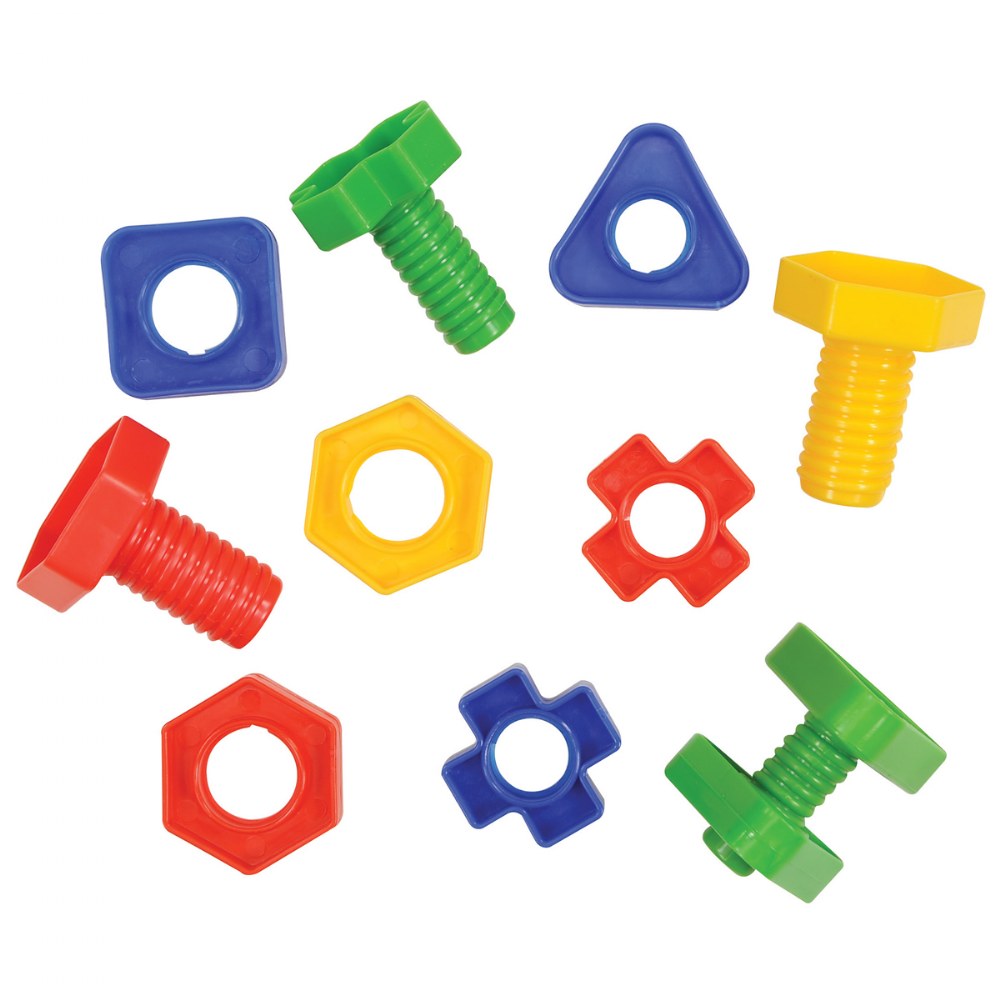Components and Essentials in Technology: The Concealed Links
In the vast world of technology and construction, there are unrecognized champions that play an crucial role in the operation and integrity of a multitude of structures and devices. Fasteners, frequently ignored, are the fundamental components that hold all together. Whether you're building a simple piece of furniture or undertaking a sophisticated engineering project, grasping the many types and functions of these fasteners is crucial.
This compendium will take you on a journey through the intricacies of fasteners, exploring not only their basic uses but also the specialized varieties available for different applications. You will gain knowledge into how to choose the right fasteners for your specific needs, from heavy-duty construction projects to fine automotive repairs. With our thorough exploration, you'll learn about the materials used, the importance of coatings, and even the differences between mechanical fasteners and structural bolts. Join us as we reveal the obscured connections that make everything from your home to high-tech gadgets feasible.
Types of Nuts and Nuts
In regards to building, automotive repairs, and home projects, understanding the multiple types of fasteners and bolts is essential for selecting the right nut for the task. Fasteners are usually six-sided in form and crafted to attach onto fasteners, creating a strong connection. Common varieties of fasteners include standard hex fasteners, lock nuts, and flange nuts. Every type serves a particular role, such as avoiding loosening under vibration or providing a bigger contact area.
Bolts come in numerous shapes, each engineered for specific purposes. The most typical fasteners include hex bolts, carriage fasteners, and lag bolts. Hex bolts, featuring their flat heads, are commonly used in hard metal and wood applications, while carriage bolts, featuring a rounded head and square neck, are suitable for projects requiring a smooth look. Lag bolts, identified by their coarse threads, are perfect for heavy wood connections.
Besides the standard options, there are also unique nuts and bolts that address to distinct requirements. For instance, nylon lock nuts deliver additional security by preventing accidental unfastening, while anchor bolts are crucial in foundational tasks, securing durability and strength. Understanding these distinctions enables for educated decision-making when selecting nuts and bolts that best suit your building or repair goals.

Materials and Finishes
In the process of choosing nuts and fasteners for a job, the material plays a significant role in determining the fasteners' strength, durability, and resistance to corrosion. Metal is the predominant material because of its high tensile strength and flexibility. On the other hand, for situations requiring weight reduction while not compromising strength, options like titanium alloys or aluminum can be considered. Each material has its unique properties; for illustration, brass is notably resistant to corrosion and frequently employed in plumbing, while inox is preferred for outdoor applications due to its exceptional resistance to corrosion and harsh weather conditions.
Finishings are equally important as they improve the properties of the fasteners, offering additional defenses against rust and damage. Zinc plating is a well-known choice, providing a barrier against humidity and external conditions. Galvanised coating, entailing a more robust coating of zinc, offers even greater protection and is best-suited for rugged outdoor applications. Other coating options include powder coating, which provides aesthetic value but also provides notable resistance to scratches and substances.
Understanding the various materials and coatings available can help you choose the right fasteners for your particular needs. For case, in marine environments where exposure to seawater is frequent, opting for inox or specially treated fasteners can prevent untimely breakdown. Knowing the benefits and drawbacks of each material and coating will ensure that your tasks are sturdy, productive, and resilient.
Buyer Guides and Comparisons
As you selecting fasteners for your project, it is essential to comprehend the different types and their applications. important link should get themselves with fundamental terms and the functions of a variety of fasteners. Resources such as a dictionary of fasteners can shed light on common terms and features. Furthermore, knowing the differences between metric and U.S. customary fasteners will aid in making the right choice for your unique specifications.
Durable fasteners are essential for the longevity and security of your projects. While browsing, search for indicators of high quality, such as certifications from manufacturers, material specifications, and grade markings. Additionally, consider elements like resistance to corrosion and strength ratings, which can affect the durability of the fixtures in indoor and outdoor settings. A comparison chart for bolt strength can aid in assessing the appropriateness of multiple selections for tasks requiring heavy-duty fasteners.
In conclusion, proper measurement is vital in guaranteeing the right fit for your nuts and bolts. Understanding how to measure these fasteners accurately will eliminate fitting problems later. Keep in mind factors such as thread specifications, dimension, and diameter to make sure you choose the right components for the project. Adhering to these suggestions and comparisons will enhance your purchasing process and enhance your do-it-yourself projects or professional activities.